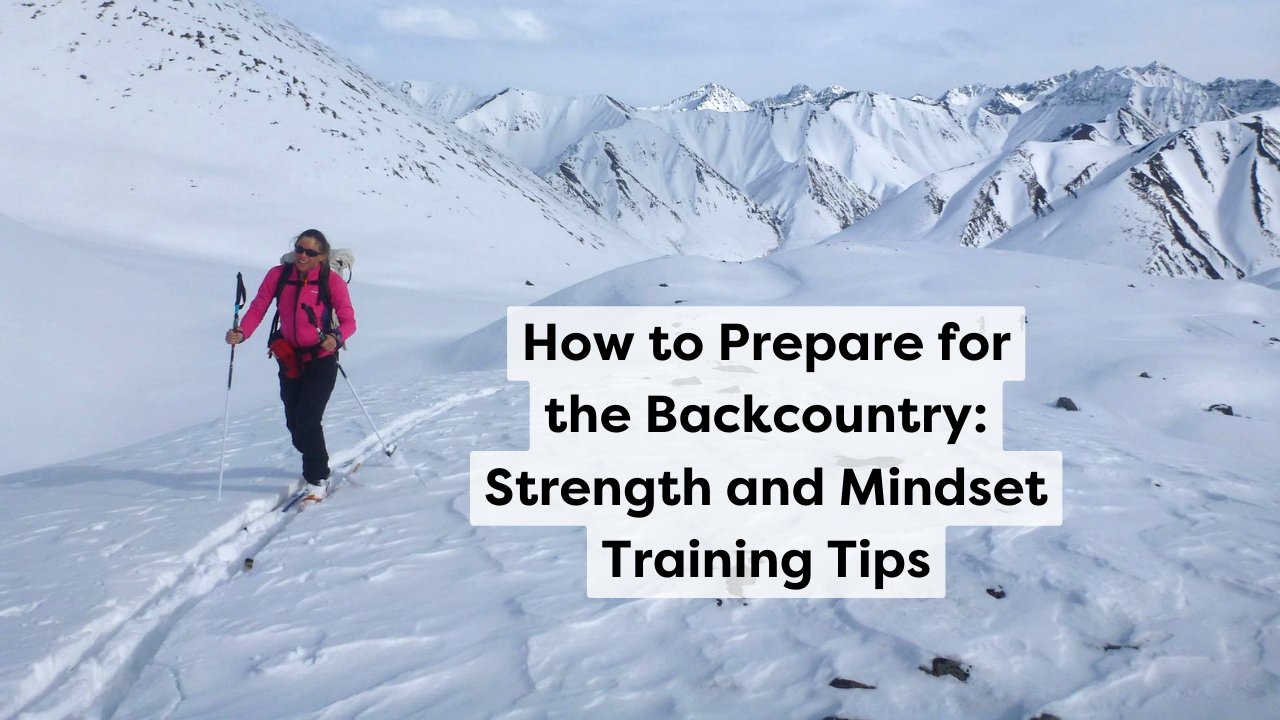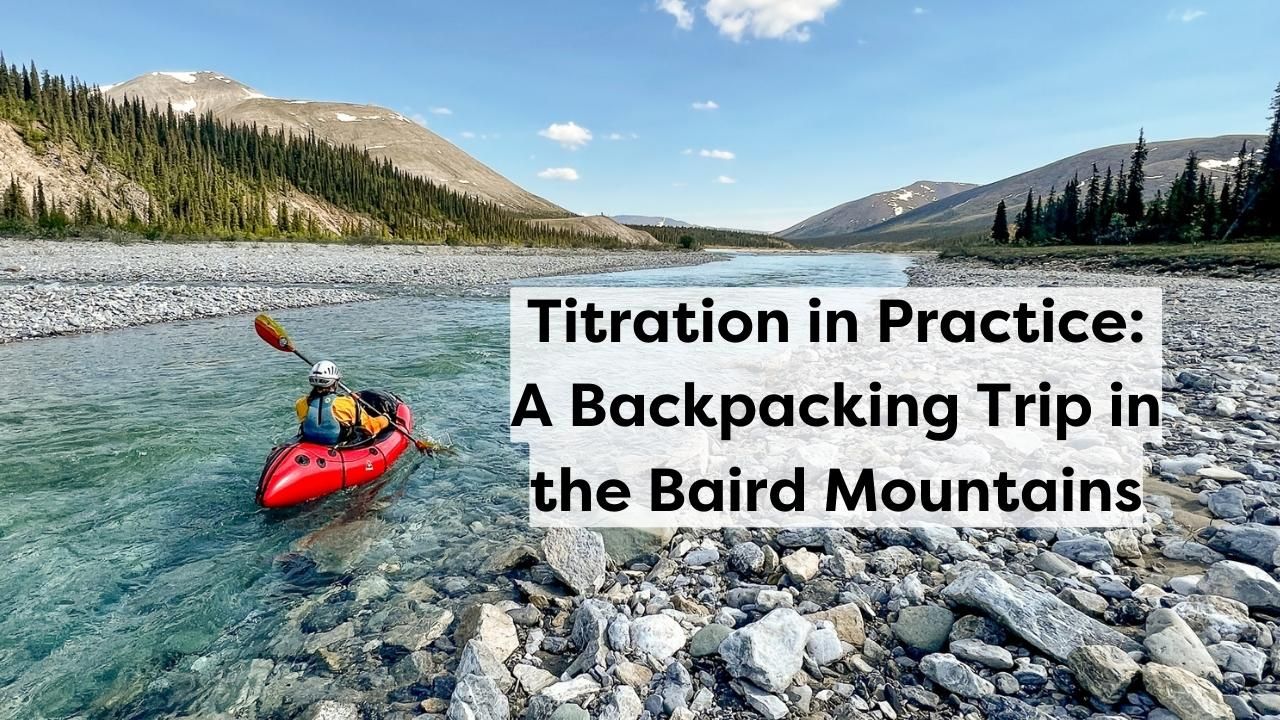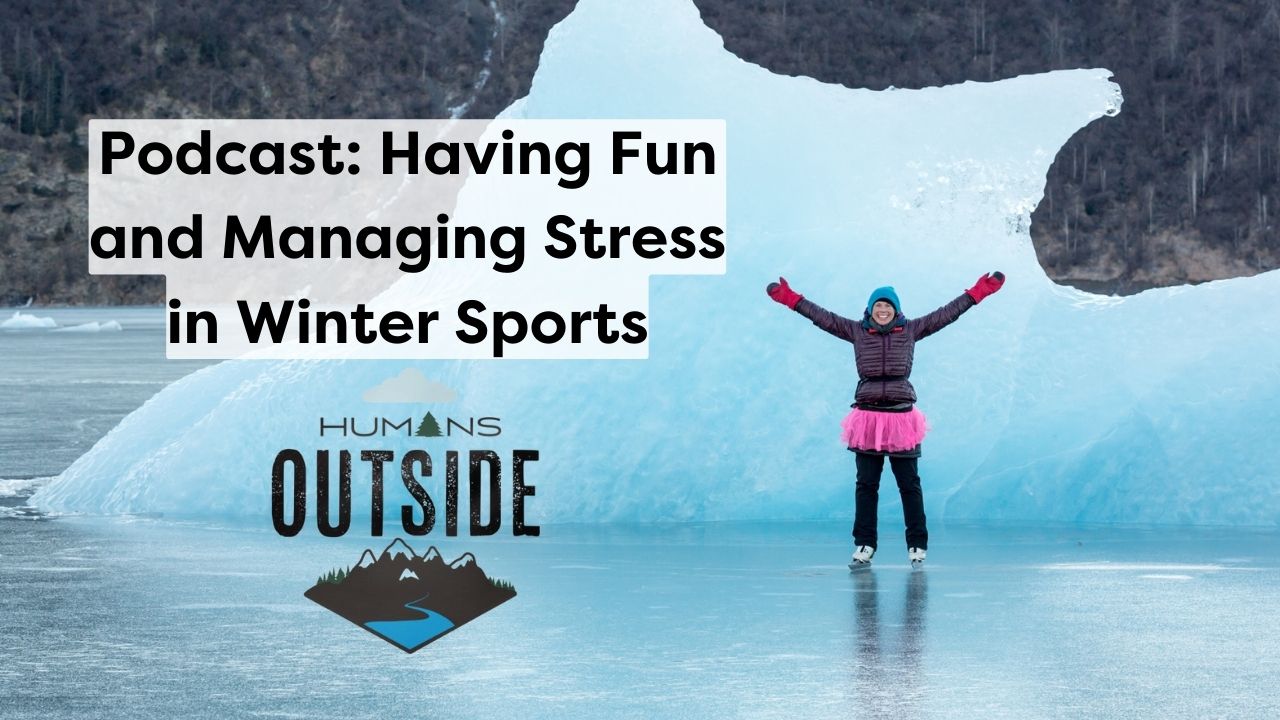How to Train with Your Menstrual Cycle (and other cycles, too!)

Have you ever been curious about how your menstrual cycle affects your training?
Have you ever tried to sync your workouts with your period?
Let’s talk about it! The relationship between periods and fitness as well as the general impact of the different phases of our period have been receiving some much-deserved attention on social media lately. People who menstruate know firsthand just how much hormonal cycles can affect how we feel. So it makes tons of sense that periods also affect how we exercise!
This blog is an exploration of the topics that my upcoming course, Train with Your Cycle, will cover in depth. We’ll be diving into the nuances of all the cycles: nervous system, menstrual, moon, creative, seasonal, grief, etc with the goal of learning how to understand and support the nuances of your particular cycles.
Different phases of our menstrual cycles can yield dramatically different outcomes and feelings depending on what our body is feeling naturally prepared to handle.
T...
How I Transformed My Stress with Nervous System Work

Real Tools for Nervous System Regulation
To listen to an audio version of this blog click here.
Looking back on the last few years, I can see a clear line drawn in the sand of my life.
On one side is the way I used to handle stress and attempt to self-regulate before I knew much about my nervous system – and the other the way my stress and self-management strategies changed after I took a deep dive into the land of nervous system regulation.
Before I started intentionally studying and practicing nervous system regulation, I was definitely using exercise and outdoor time to manage my nervous system activation. What I know now is that I was lacking the skillfulness, education, patience, and support (this is a big one!) to understand and navigate my body’s response to stress.
What follows are three ways that I’ve used nervous system work to help myself through stressful times. These are excellent entry points for anyone curious about or new to this work.
Don’t be fooled by their...
Brooks Range Backpacking and Wulik River Packrafting

The Brooks Range is Full of Magic
Something really special about summer in Alaska is the short but magical window when we can access some of the most wild, remote places. One of the most special? The Brooks Range. Located within the Arctic Circle, I can’t help but keep coming back to these mountains.
This trip consisted of myself, Luc, and our good friend Will. The three of us hiked and packrafted our way around the Delong Mountains, surrounded by wildlife, sweeping vistas, and endless sunlight

How We Planned Our Brooks Range Trip
Planning to spend time in this extra-wild area takes a lot of effort. The Brooks Range does not have any roads or developed trails. A successful trip in this wild place requires hiring a bush plan to take you to a remote landing strip and doing lots of research to find good routes nearby.
Lining up the timing also feels like threading a needle. We try to go late enough so that the snow has had time to melt away for easier walking, but early enough tha...
You Need a Reintegration Protocol: Adjusting after Wilderness Trips

Returning From the Wilderness Can Be a Big Adjustment
Sometimes, the hardest part of wilderness trips or vacations isn’t the challenge of hiking or long plane rides, it’s getting back home and adjusting back to regular life afterwards.
Each summer, I take at least one long trip into the Alaskan wilderness. After about three weeks in nature, coming back home to the city often feels jarring. For many years, I struggled with reintegration from the wilderness back to my regular life. The first few days always felt awkward, sometimes even frustrating. More recently I’ve been noticing this after other intense experiences, like a week of nervous system training. Can you relate?
Whether you’ve been on a long wilderness trip, a retreat, or a vacation, it’s totally normal to feel a mix of emotions in the first few days of your return back home. It’s also totally normal not to feel able to jump right back into your routine at full speed.
This transitional time is called reintegration, and fo...
How to Shift Seasons Gracefully: Coming Down from a Busy Summer

From High-Energy Summer to Cozy Fall
Up here in the northern hemisphere, summer alread passed us by and fall and winter are moving in fast! Especially in northern latitudes like Alaska, temperatures and daylight hours are dropping quickly… we even have frozen lakes and ice skating season underway!
We’ve talked before on the blog about the concept of “wintering,” including how the colder, darker season has inherently different energy and emotions compared to summer. But sometimes it can be hard to let go and flow with the seasons.

Summer is a very high-intensity season, which means it can be fun for a while, but isn’t sustainable.
Especially in the high north like Alaska & Canada, the long daylight hours and short summer season lends itself to a fast pace & pressure to make the most of the light. Fall sometimes feels like that feeling of stepping off of a moving walkway and onto regular ground — a bit jarring and hard to prepare for.
With fall starting to close in, it’s a great...
Beyond the Visible: Adapting to Life & the Outdoors with Chronic Illness

Reclaiming an Active & Outdoor Lifestyle with Chronic Illness
This is a guest blog by Mind & Mountain friend & member Rachel Collins. Rachel is a skier, park ranger, & mom, and in the last few years has been learning how to navigate the challenges of chronic illness alongside her active life. Rachel leads our Spoonie & Invisible Illness Affinity Group inside of Ski Babes!
Read on for more of her story:

December 2022. I woke up with big plans today- big breakfast with the kiddo, Ski Babes workout, deep cleaning the house for guests, but as I crack my eyes open I realize none of those are going to happen today. I feel lethargic, nauseous, and despite my best intentions, my brain feels like molasses. I know this feeling now, my blood pressure is too low and my nervous system is on the fritz again. Is it the storm rolling in? Did I hit my salt targets yesterday? Did I eat something new? Maybe I overheated in my sleep again?
This is life with a chronic illness- while no one has a pe...
How to Prepare for the Backcountry: Strength and Mindset Training Tips

Tuning up our bodies & minds for the season
Winter is here and many of us are spending as much time as we can playing in the snow and the mountains! As we move through this winter season, let’s talk about how to tune up our bodies and minds for the season, too. Taking good care of yourself isn’t just something to practice in everyday life. We can bring self-care into the mountains too.
Taking time for cross-training both before and during the season can make your days on the mountain so much more enjoyable! Training helps us prevent injuries, keep up with our friends, and have more fun outside. But it can be hard to know how to adequately prepare for winter sports - especially for the backcountry. In this post, we’ll walk you through some simple exercises and mindset tips to practice.
We hope you use these moves and concepts to build your mind & body strength for this winter season!
Training for Strong Winter Bodies
Let’s start with some simple moves you can do in your living roo...
Titration in Practice: A Backpacking Trip in the Baird Mountains

Alaska’s Baird Mountains
For the last several summers, my husband Luc and I have been taking three-week long outdoor backpacking trips through the wild parts of Alaska. We look forward to this time as a way to both restore our spirits from our busy lives and connect with each other. These trips are a foundational piece of our relationship and a time we both cherish.
This past June, our big backpacking trip took us through Alaska’s Baird Mountains where we did some hiking and paddling. We had some magical moments plus some big learnings.
Planning Our Trip
Right off the bat, we knew this trip would look a little different from our past summer trips. As we’ve been navigating fertility challenges, I wasn’t sure how my body would feel when the trip came around. We knew we needed to build a lot of flexibility into our trip plan.
To stay adaptable, we designed a basecamp-style trip. This way, we could flex the total mileage and intensity of our trip depending on how we were feeling. This...
Podcast: Having Fun and Managing Stress in Winter Sports

Why Outside Challenges Like Harsh Weather Can Feel Bad and What to Do About It
Amy Bushatz and I love to talk about cold weather! A couple of months ago, I joined Amy on her podcast, Humans Outside, to talk about cold weather layering. If you missed it, here’s what we talked about last time and where to listen.
We wanted to continue our conversation on cold weather with another episode! This time, we took a different angle, focusing specifically on the emotions of cold weather. Have you ever noticed how stressful outdoor adventures can feel in the winter? Amy and I sure have.
Learning to have fun outside in the cold weather is a practice, but there are a few tools and tricks we’ve found over the years. Through this conversation, we hope to spark some ideas for your own time in winter wonderland.
Like me, Amy also lives in Alaska. She started the Humans Outside Challenge, which creates structure to help folks spend at least 20 minutes outside for one full year. Amy herself has spen...
Three Exercises for Backcountry Skiers: Training for a Strong Winter

Why exercise at home for stronger ski days?
Winter is here and it’s time to hit the slopes! As we get our winter gear out, it’s important to think about how to tune up our minds & bodies for the season, too.
One of the best things you can do to stay strong and injury free this winter is to prep with a little strength training. Doing some exercises at home, even in small doses, is a really effective way of staying healthy on your skis. Nothing ruins ski season like being sidelined with an injury!
On top of that, practicing functional movements at home can build the muscle memory to help your technique come together early in the season. By building your endurance and practicing healthy movement patterns in pre-season, you can jump start your season and ski strong all winter long.
Three strength moves for backcountry skiers
We’re going to take you through three moves we love for building strength for ski season. Each of these movements imitates an action that we use in the backcountr...
